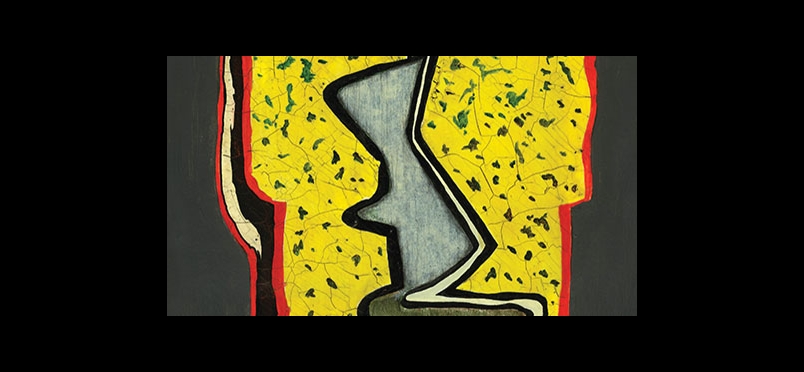| cardiovascular
Managing Peripheral Artery Disease and Muscle Pain

Heat and Water Therapy for Cardiovascular Conditioning
Newswise — Hot water therapy may help manage peripheral arterial disease (PAD)—a common condition affecting blood flow to the arms and legs—just as well as exercise, according to new research. The findings could help people with PAD, who find exercise is difficult. The first-of-its-kind study is published in the American Journal of Physiology—Heart and Circulatory Physiology. The paper was chosen as an >APS article for June
PAD is a condition in which fatty buildup accumulates in the arteries, leading to reduced blood flow to the limbs. People with PAD may experience claudication, a type of muscle pain in the legs that occurs while walking. Supervised exercise is the primary non-surgical treatment for PAD, but claudication often limits physical activity. Ongoing heat therapy has been well-established with lowering cardiovascular risk. A team of researchers from New Zealand hypothesized that heat may be more effective than exercise in promoting beneficial cardiovascular changes that, in turn, could increase walking distance in people with PAD.
The researchers studied two small groups of adults with mild-to-moderate claudication. One group was encouraged to attend twice-weekly exercise sessions. During each session, the volunteers walked for up to 30 minutes on an indoor course and performed up to 60 minutes of circuit exercises. The other group participated in spa bathing three to five days a week. The volunteers were encouraged to submerge up to their shoulders in a pool of 102-degree water for 20 to 30 minutes. The research team measured walking ability, blood pressure, heart rate, blood volume, oxygen levels in muscle tissues, peripheral artery blood flow and function and quality of life before and after the sessions.
The researchers found improvements in walking ability and blood pressure among the volunteers. “Contrary to our hypothesis, there was no difference evident between the effects observed in…
Read the full press release.
Other Categories:
Did you enjoy this article?
Subscribe to the PAINWeek Newsletter
and get our latest articles and more direct to your inbox